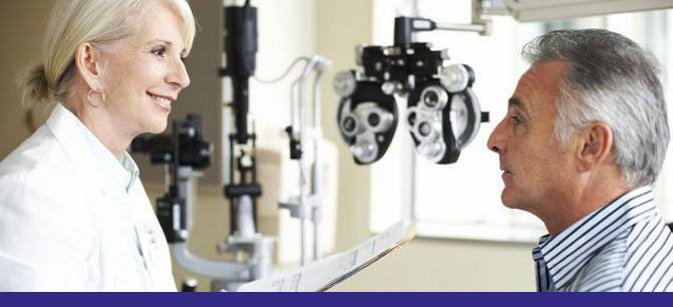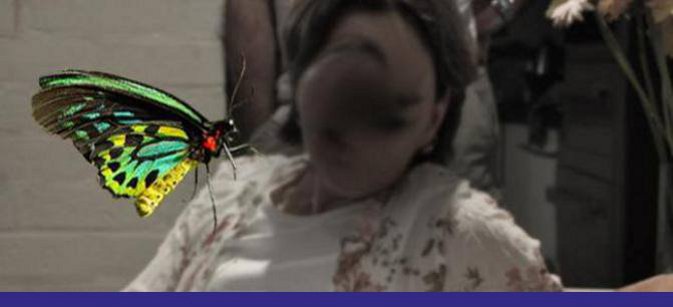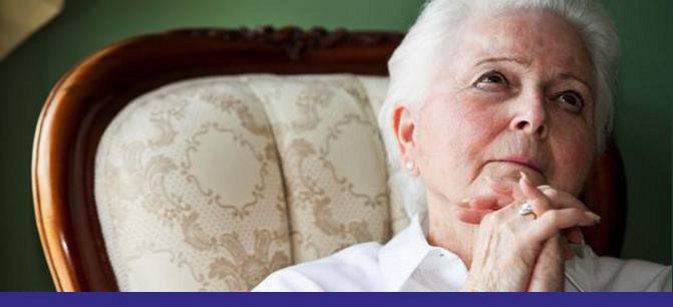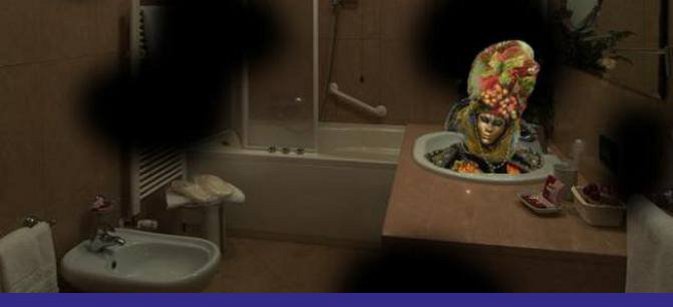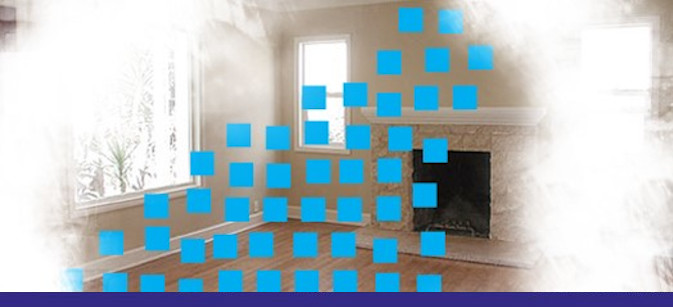Part of the reason that Charles Bonnet syndrome (CBS) continues to remain hidden in the medical world is that the majority of people living with CBS choose to keep their visual experiences to themselves.
Repeated studies have found that about two thirds of all CBS-affected persons are so fearful of the repercussions of disclosing their unusual perceptions that they do not dare mention anything to their doctor(s). Regrettably, this often extends to their nearest and dearest.
Some common reasons given for not feeling comfortable to share with others include the fear of being:
- ridiculed
- labelled crazy or senile
- prescribed powerful drugs
- robbed of one’s independence and
- institutionalised.
Some or all of these fears are justified to some degree. Some patients are told by their medical practitioners to ‘keep these comments to yourself’ lest they be interpreted as signs of mental illness. For a minority of others, their disclosures have been misdiagnosed by medical staff leading to institutional care placement.
The other important side to this coin is the role of clinical staff. Becoming more aware of CBS as a clinical entity would be highly beneficial. It is only when such professionals begin to routinely and sensitively enquire about, and forewarn of, CBS* that those affected will begin to disclose more readily.
Clinical protocols need to be revised with regard to CBS. This in turn will assist in bringing CBS more into the open and encourage people to share their own visual stories. Until and unless this occurs, most people living with CBS will continue to keep their CBS encounters a closely guarded secret.
* to those of advancing years with some form of vision loss


